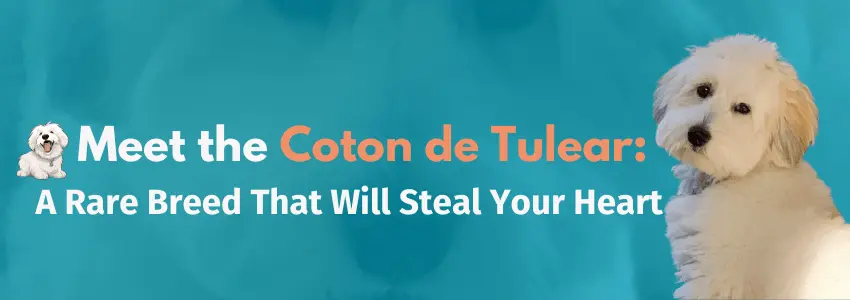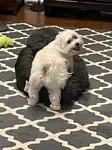How to Stop
Aggressive Dog Behavior
If your puppy is displaying any signs of aggressive dog behavior it is critical to address the problem immediately – no exceptions. Aggressive behavior will get worse over time if ignored or unconsciously rewarded.
It may be helpful to understand the types of dog aggression and how the behavior is exhibited.
- Dominance Aggression:
The dog is trying to establish his role as the alpha dog by growling,
lunging, mounting, biting or jumping. This type of aggression can be
displayed towards family members or other animals in the home. This
should never be encouraged or rewarded and you must show the pup that
YOU are the alpha leader.
- Fear Aggression: When a dog perceives
that he is in danger he will act out by growling, biting or barking.
This type of aggression is common in shelter animals who often had to
overcome a bad experience.
- Territorial or Possessive Aggression:
When a dog feels that he has to protect family members, other animals,
the house, the car, the yard, or anything he deems valuable, this is
territorial aggression. When he is protecting his food or toys this is
possessive aggression.
- Pain Induced Aggression: If an animal is feeling pain or discomfort for any reason he can become aggressive. This type of aggression can linger even after the pain is gone, so it is important to deal with the behavior.
How do you stop aggressive dog behavior?
- Seek professional help (veterinarian, behaviorist, or professional
trainer) for any severe behavior issues. Even mild aggression can lead
to more severe problems if left untreated.
- Check with your vet to rule out any medical reasons for the aggression.
- Don’t
put your dog in situations that will provoke his aggression and could
be potentially dangerous for anyone such as leaving him alone with young
children or having him share his food or toys with another animal.
- Yelling, hitting or any kind of punishment is not appropriate and will only make the aggression worse.
- Make
sure you are not inadvertently rewarding aggressive behavior (playing
too rough, giving treats after an aggressive behavior episode, etc.)
- Spaying or neutering can help dominant, territorial, and protective aggressive dog behaviors.
- Socializing a puppy at a very early age can do wonders to alleviate aggression later on, as they learn to accept a wide range of people, places, and things.
Return to Dog Behavior Modification
Home | About Me | Contact Me | Privacy Policy |Disclosure
Copyright© 2008- All Rights Reserved








